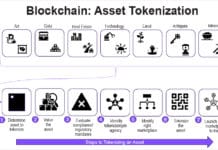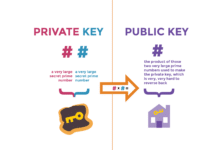Meta’s choice to provide potent AI software at no cost could pose a threat to the business models of OpenAI and Google.
A former Meta vice president of artificial intelligence appreciates the company’s recent unveiling of Llama 3, a robust open-source large language model. They perceive an opportunity for their new startup, Sizzle, to utilize an AI model of similar potency to OpenAI’s GPT-4, but with reduced operational costs and a more transparent framework for external scrutiny and modification.
The introduction of Llama 3 represents a significant moment for Pesenti and Sizzle. Currently utilizing GPT-4 and a range of other AI models, both proprietary and open, Sizzle’s engineers are exploring the possibility of incorporating Llama 3 into their workflows, potentially replacing OpenAI’s model in various contexts. This shift could signal a broader change in the AI landscape. While the company’s breakthroughs, like ChatGPT, have stimulated substantial investment and drawn in millions of developers, the emergence of competitive open-source models such as Llama 3 might lead developers and entrepreneurs to reconsider paying for access to proprietary models from companies like OpenAI and Google.
The enhancements introduced in Llama 3, building upon its predecessor Llama 2, include a more robust training regimen with larger datasets and refined filtering techniques to enhance content quality. Furthermore, running Llama 3 on platforms like Fireworks.ai is significantly more cost-effective compared to accessing GPT-4 through APIs, while also offering rapid response times—a crucial factor for developers reliant on diverse model access.
Open Models: Democratizing AI and Shaping Industry Dynamics
The trend towards open models is evident in other initiatives as well, such as Mistral’s Mixtral 8x22B and recent releases from tech giants like Microsoft and Apple. These developments underscore a growing momentum towards democratizing AI and making it accessible across various platforms and devices. Yet, while this shift towards openness benefits the broader AI ecosystem, it also serves Meta’s strategic interests. Meta CEO Mark Zuckerberg acknowledges the potential advantages of sharing AI models, including cost reduction and fostering compatible tools and services. However, it also aligns with the company’s interests in mitigating dominance by competitors like OpenAI, Microsoft, and Google in the AI landscape.
Ultimately, the emergence of Llama 3 and other open models heralds a transformative period in AI development, with implications for both industry dynamics and technological accessibility. As the field evolves, the true impact of open-source AI on proprietary models like GPT-4 will become increasingly apparent, shaping the future trajectory of AI innovation.













































































